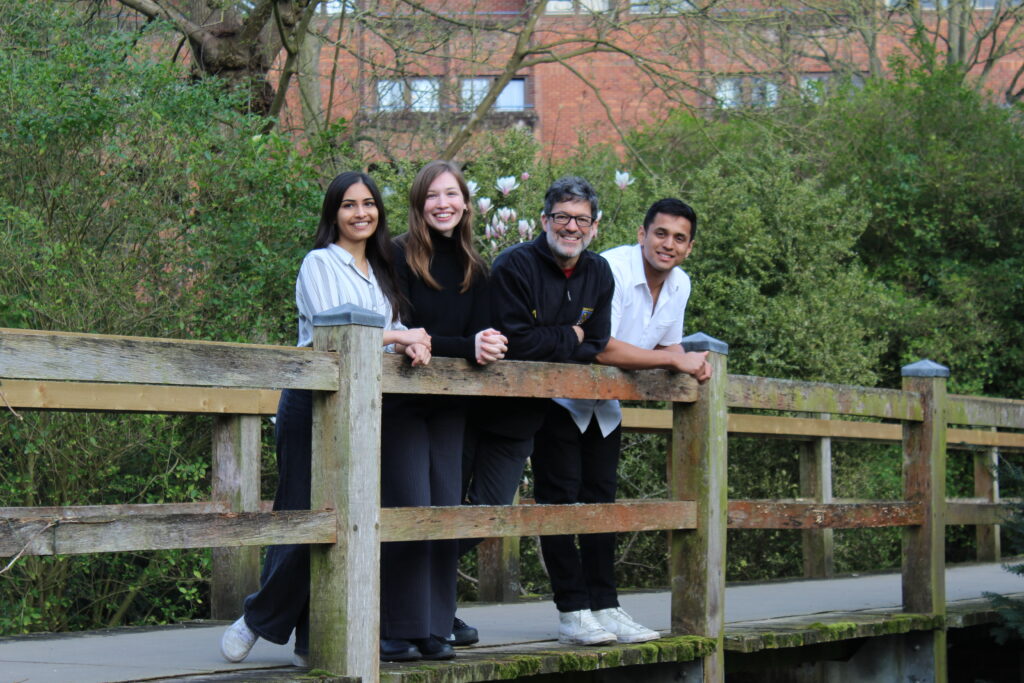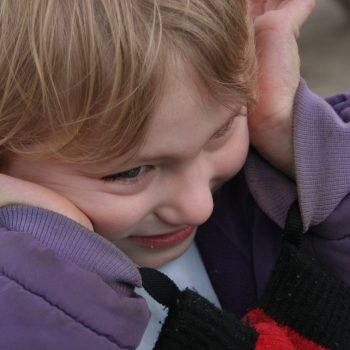Infants with brain injury may face social/emotional and behavioural complications, NIHR Cambridge BRC-supported study suggests
Babies who suffer brain injury before, during or shortly after birth because of lack of oxygen to the brain may face longer-term socioemotional and psychological complications, research supported by the NIHR Cambridge BRC has shown.
The research, “Socioemotional and Psychological Outcomes of Hypoxic-Ischemic Encephalopathy: A Systematic Review”, is a systematic review of the literature led by PhD student Grace Kromm and is published in the prestigious journal Pediatrics.
Grace’s supervisor and Consultant Neonatologist at Cambridge University Hospitals Professor Topun Austin said: “Hypoxic ischemic encephalopathy, or HIE, is an umbrella term for a brain injury that occurs when oxygen or blood flow to the brain is reduced or stopped.
“It can be serious, leading to life-long disabilities and even death – although both these have been reduced with the use of therapeutic hypothermia on babies with moderate to severe HIE.
“Clearly with HIE the immediate short-term goal is the infant’s survival, and so far, research on disability after HIE has focused on early motor or cognitive deficits. But this runs the risk of neglecting longer-term social/emotional and psychological/psychiatric outcomes for these infants.
“This systematic review shows there is a growing body of literature reporting statistically significant associations between these outcomes and HIE, not just in the first few years of an infant’s life but into their adolescence and even adulthood.”
Literature review
The research team undertook a comprehensive systematic review of the literature looking at HIE-related studies in major health-sciences databases, including the Cochrane Library. Over 3000 papers were screened and eventually the research focused on 43 studies representing 3244 HIE participants and 2132 comparison participants, mostly in Europe and the US.

The review showed a clear social, emotional, and psychological burden after perinatal HIE, which persisted in many cases into adolescence and adulthood, even when excluding children with other disabilities such as cerebral palsy.
These statistically significant differences included worse social/emotional and psychological outcomes after HIE, with even mild HIE being associated with lower health-related quality of life and behavioural problems.
Moderate-severe HIE was associated with disrupted personal-social skills and development, behaviour problems and a higher incidence of psychiatric diagnosis, including diagnoses of autism spectrum disorder (ASD) and attention deficit hyperactivity disorder (ADHD) as well as sleep problems like sleep anxiety.
The review also showed that some socioemotional and psychological complications increased as children aged, suggesting that children who experienced perinatal HIE would benefit from long-term follow-up.
Longer-term support for children with HIE
Grace Kromm said: “As the sister of a young adult who experienced perinatal HIE, I have witnessed firsthand how difficult behavioural challenges such as these can be for the individual and for caregivers.
“This review emphasizes the importance of early and longitudinal intervention across socioemotional and behavioural domains, even for children with mild HIE and generally positive prognosis otherwise.
“Additional research should focus on possible mediators of outcome as well as early screening tools to identify children at highest risk as early as possible.”
Professor Topun Austin said: “Well done to Grace, her research students at Robinson College, Hilary Patankar and Shubang Nagalotimath, and research advisor Dr Hilary Wong for this important work!”



